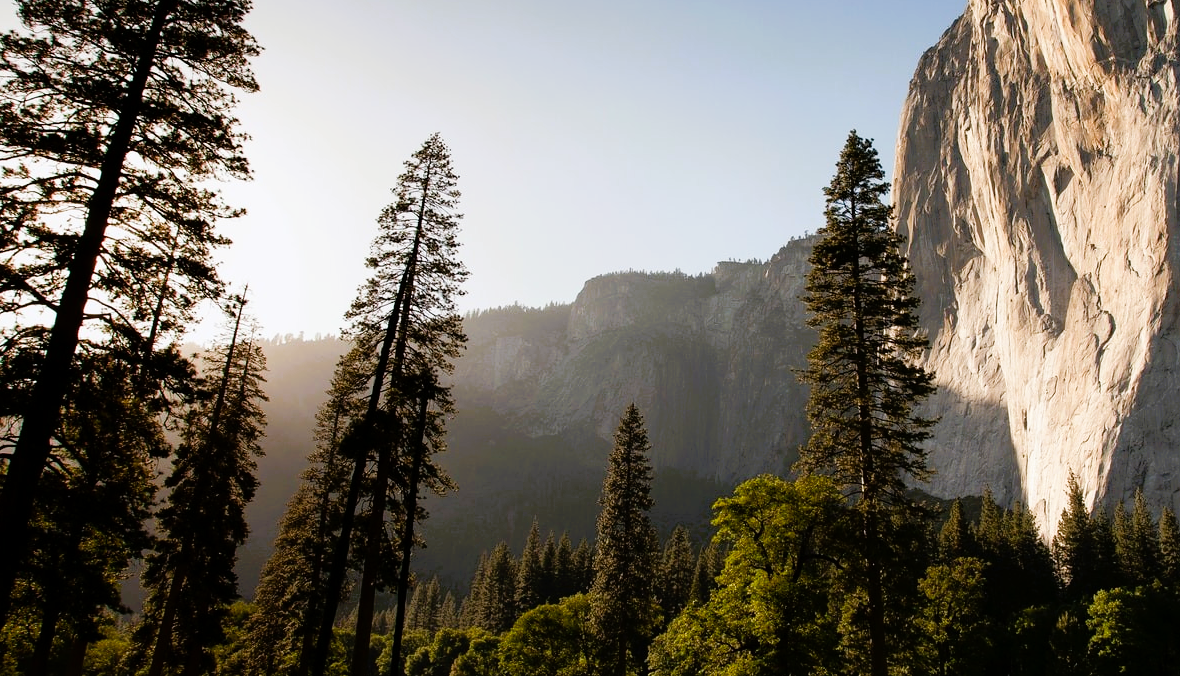Some Areas unexpected places where adults can learn science
Present day culture benefits when individuals figure out science ideas. This information makes sense of how cryptographic money functions, why environmental change is occurring, or how the Covid is sent from one individual to another.
However the normal American spends under 5% of their lifetime in study halls finding out about such points. All in all, other than school, what other place can individuals go to review and investigate science?
Historical centers, zoos, and libraries are surely an extraordinary beginning. As a specialist of grown-up STEM schooling, I concentrate on less regular ways for individuals, all things considered, to learn and partake in science.
The following are four elective settings where the overall population can appreciate nature, participate in involved science learning and get an in the background check out at logical examination in real life.
1. Public parks
Guests to public stops decisively expanded throughout recent years as the pandemic enlivened individuals to routinely head outside and appreciate nature more. Notwithstanding, individuals frequently don’t understand that many parks offer talk series, nature strolls, and intuitive science learning open doors for those keen on adding an additional layer of logical and ecological information to their outside experience.
For instance, Amazing Ravine Public Park in Arizona offers Officer Projects that show the public continuous changes to the gorge from enduring and disintegration. Incredible Smoky Mountains Public Park, which traverses Tennessee and North Carolina, offers its own instructive programming yet additionally joins forces with nearby gatherings to offer directed nature climbs or trail-building volunteer open doors.
For the people who don’t wish to wander into nature, the Public Parks Administration has various web-based assets, for example, virtual park visits and webcams that current ongoing perspectives on climate, emotional landscape, untamed life, and then some.
2. College expansion programs
Land-award colleges are accused of deciphering and conveying logical examination to the general population and exist in each U.S. state and region.
They frequently do this through what’s designated “expansion” programs. Ace Landscaper is a well-known one, however there are numerous special neighborhood choices, as well. For instance, Colorado State College offers a Local Honeybee Watch program that trains volunteers to recognize and screen honeybees in their terraces or neighborhood normal regions. An expansion program at College of Minnesota shows volunteers how to recognize amphibian obtrusive species in neighborhood waterways and lakes.
3. Organic field stations
Natural field stations are typically connected with colleges or other examination foundations. While logical and ecological exploration is the essential concentration, many field stations give projects to grown-up students, as well as any open doors to interface straightforwardly with researchers.
Field stations will quite often be in additional provincial regions, where there are less zoos, exhibition halls, aquariums, and other science-learning scenes. However almost 80% of the U.S. populace lives in the span of an hour’s drive of a natural field station. This guide can assist you with distinguishing one close to you.
The W.K. Kellogg Organic Station in Michigan has a bird safe haven that offers grown-up seminars on herbal science, ornithology, and nature drawing, as well as volunteer open doors. There’s likewise a dairy community that hosts open-house occasions where guests can find out about state-of-the-art dairy the board and examination.
For students who need to engage in the logical cycle, take part in a more drawn-out term insight or partake as a family, Mohonk Safeguard in upstate New York enrolls volunteers to screen bird movement and natural surroundings, record the occasional changes in plants and participate in different exercises.
4. Marine labs
Marine labs are like natural field stations however are commonly situated on coasts or other water bodies.
Harbor Branch Oceanographic Foundation in Florida permits guests to visit its exploration offices and gear, including a very close perspective on its submerged vehicle. It likewise offers resident science programs and a week after week address series on everything connected with sea science.
In The Frozen North, the in the background program gives grown-ups a glance at the abilities and study of running the Sitka Sound Science Place, such as observing the hereditary connection of wild and incubation center salmon. Its component occasion, the Sitka WhaleFest, incorporates untamed life travels directed by researchers, science addresses, and narrating. For students around the world, the middle has a webcast and offers recorded examples on the most proficient method to say the names of neighborhood creatures in Tlingit, the language of the Sitka clan.














Post Comment